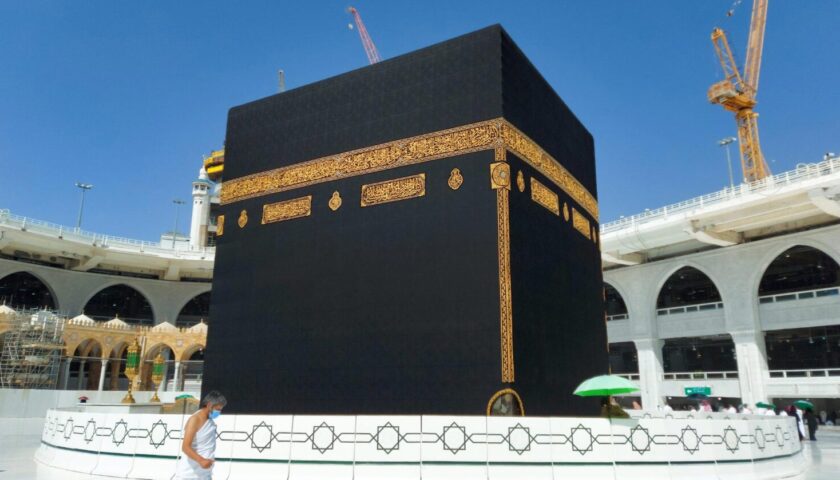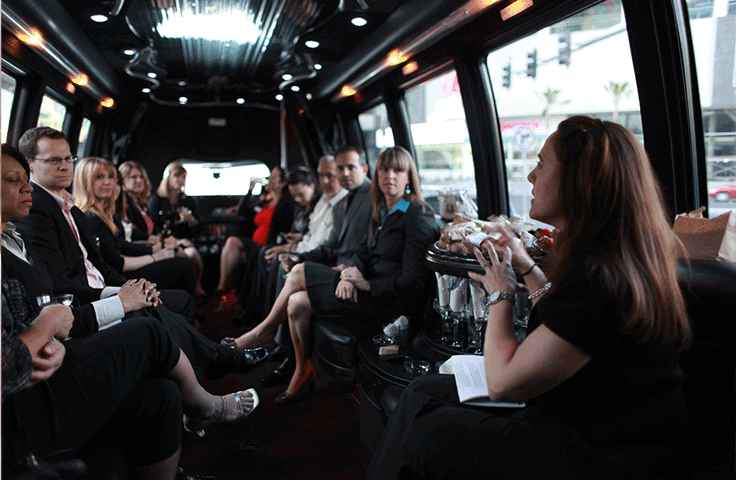Dubai is often recognized for its ultramodern architecture, luxury shopping, and vibrant nightlife. However, beneath the surface of this futuristic city lies a rich cultural heritage and a deep-rooted tradition that offer a glimpse into its fascinating past. Exploring Dubai’s cultural highlights is a journey that takes you from the ancient Bedouin way of life to the contemporary cosmopolitan culture. Here’s a comprehensive guide to discovering the heritage and traditions of Dubai, including key cultural sites, traditional practices, and experiences that reflect the city’s unique history.
Al Fahidi Historic District
The Al Fahidi Historic District, also known as Al Bastakiya, is one of Dubai’s oldest neighborhoods. Walking through its narrow lanes is like stepping back in time. This area is characterized by its traditional wind-tower architecture, which was used for natural air conditioning before the advent of modern cooling systems.
Key Attractions:
- Dubai Museum: Located in the Al Fahidi Fort, the oldest existing building in Dubai, the museum offers a comprehensive overview of the city’s history, from its early days as a pearl-diving center to its transformation into a global metropolis.
- Sheikh Mohammed Centre for Cultural Understanding (SMCCU): This center aims to promote cultural awareness and understanding. Visitors can participate in cultural meals, heritage tours, and educational programs that offer insights into Emirati traditions and customs.
Traditional Souks
Dubai’s traditional markets, or souks, provide a vibrant shopping experience and a glimpse into the city’s trading heritage. These markets are a sensory overload of sights, sounds, and scents, offering everything from spices to gold.
Key Souks:
- Gold Souk: Located in Deira, the Gold Souk is famous for its dazzling display of gold jewelry. It’s a great place to admire intricate craftsmanship and perhaps even purchase a piece of jewelry at a good price.
- Spice Souk: Adjacent to the Gold Souk, the Spice Souk is filled with the aroma of exotic spices. Vendors offer everything from saffron to dried herbs, and it’s a fantastic spot to learn about the ingredients that flavor Middle Eastern cuisine.
- Textile Souk: Located in Bur Dubai, the Textile Souk offers a variety of fabrics, from silk to cotton. It’s a colorful market where you can buy textiles and traditional garments.
Dubai Creek
Dubai Creek is the historical heart of the city. This natural seawater inlet has been crucial to the city’s development, serving as a trading hub for centuries. A visit to Dubai Creek provides insight into the city’s maritime history and its evolution from a small fishing village to a bustling port city.
Activities:
- Abra Ride: Take a ride on a traditional abra (wooden boat) across Dubai Creek. It’s an affordable and scenic way to travel between Deira and Bur Dubai while enjoying views of the city’s skyline.
- Heritage Village: Located near the Creek, the Heritage Village offers a glimpse into traditional Bedouin life. Visitors can see replicas of Bedouin tents, watch artisans at work, and learn about pearl diving, which was once a major industry in Dubai.
Al Shindagha Museum
The Al Shindagha Museum is part of the Al Shindagha Historic District and provides a deeper understanding of Dubai’s cultural heritage. The museum complex includes several houses restored to reflect traditional Emirati architecture and lifestyle.
Key Exhibits:
- The Story of the Creek: This exhibit focuses on the historical significance of Dubai Creek, highlighting its role in the city’s development.
- Perfume House: Explore the art of perfume making, which has been an integral part of Emirati culture for centuries. Learn about the traditional ingredients and methods used to create perfumes.
Jumeirah Mosque
The Jumeirah Mosque is one of the most beautiful mosques in Dubai and is open to non-Muslim visitors. It offers guided tours through the SMCCU, providing an opportunity to learn about Islam and Emirati culture.
Tour Highlights:
- Architecture: Admire the stunning architecture of the mosque, which is built in the medieval Fatimid style.
- Cultural Exchange: Engage in an open dialogue with the guides, who are happy to answer questions about Islam, Emirati traditions, and the role of the mosque in the community.
Desert Safari and Bedouin Experience
A desert safari is a must-do experience that offers a taste of traditional Bedouin life. These tours typically include dune bashing, camel rides, and a visit to a Bedouin camp.
Highlights:
- Dune Bashing: Experience the thrill of driving over the desert dunes in a 4×4 vehicle.
- Camel Rides: Ride a camel and experience what it was like to travel across the desert in ancient times.
- Bedouin Camp: Enjoy a traditional Arabic dinner, watch cultural performances like belly dancing and Tanoura dance, and learn about Bedouin customs and lifestyle.
Cultural Festivals and Events
Dubai hosts several cultural festivals and events throughout the year that celebrate its heritage and traditions. These events are a great way to experience the city’s vibrant culture.
Notable Festivals:
- Dubai Shopping Festival (DSF): Held annually in January, the DSF includes cultural performances, fireworks, and events that celebrate Emirati culture.
- Dubai Food Festival: This festival showcases Dubai’s diverse culinary scene, offering food tastings, cooking demonstrations, and food-related events.
- National Day Celebrations: On December 2nd, Dubai celebrates UAE National Day with parades, fireworks, and cultural performances.
Contemporary Culture and Art
Dubai’s cultural landscape is not limited to its historical heritage. The city is also a hub for contemporary art and culture.
Key Venues:
- Alserkal Avenue: Located in the industrial area of Al Quoz, Alserkal Avenue is a leading arts and culture district. It hosts contemporary art galleries, creative spaces, and cultural events.
- Dubai Opera: This architectural marvel hosts a variety of performances, from opera and ballet to theater and concerts, showcasing both local and international talent.
Tips for Cultural Immersion
To fully appreciate Dubai’s cultural heritage and traditions, consider the following tips:
- Dress Modestly: When visiting cultural sites, dress modestly to show respect for local customs. This means covering your shoulders and knees.
- Learn Basic Arabic Phrases: While English is widely spoken, learning a few basic Arabic phrases can enhance your experience and show respect for the local culture.
- Participate in Cultural Activities: Engage in activities like henna painting, falconry, and traditional dance performances to immerse yourself in Emirati culture.
Planning Your Trip
To make the most of your cultural exploration, consider booking one of the many 5 Days 4 Nights Dubai Tour Packages available. These packages often include visits to key cultural sites, guided tours, and experiences that provide a comprehensive overview of Dubai’s heritage and traditions.
Conclusion
Dubai’s rich cultural heritage and traditions offer a fascinating contrast to its modern skyline and luxurious lifestyle. By exploring historical districts, traditional markets, cultural museums, and engaging in traditional activities, visitors can gain a deeper understanding of the city’s past and present. Whether you’re interested in history, art, or traditional Emirati customs, Dubai’s cultural highlights provide a captivating journey into the heart of this dynamic city.



